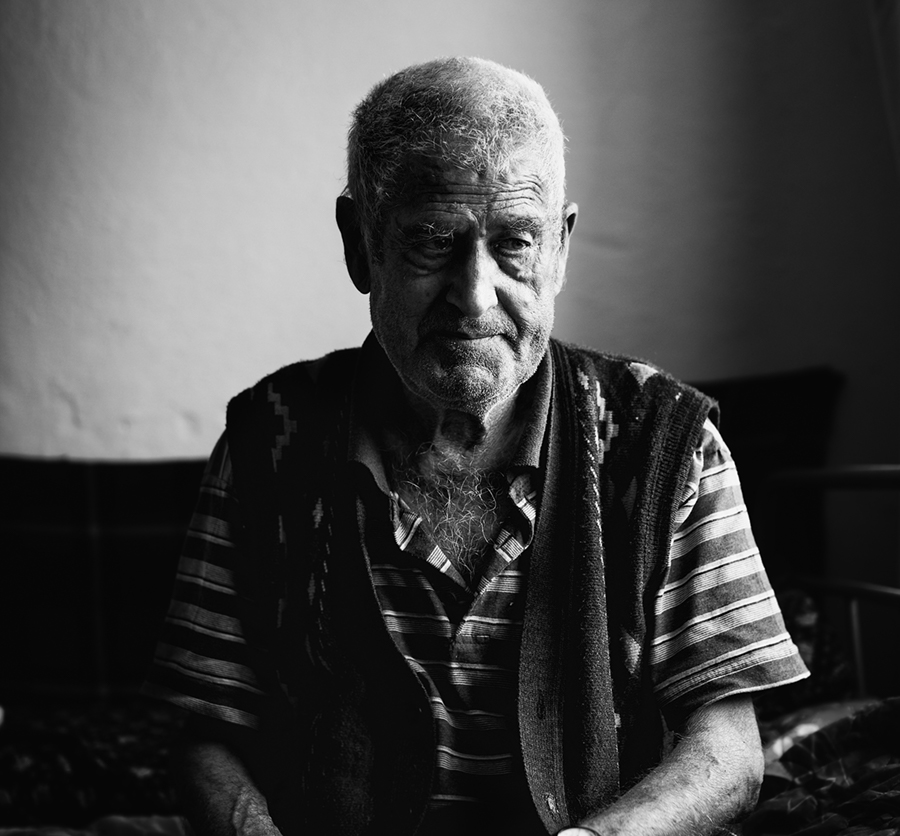
Written by Associate Professor Kim Devery, End-Of-Life Essentials lead.
Each year the End-of-Life Essentials project attracts thousands of doctors, nurses and allied health professionals. These professionals work in all sectors of the Australian health care system: acute, aged care, community, general practice in various disciplines and clinical specialties. Why are these health care professionals seeking to increase their clinical capabilities in end-of-life care?
How and when we die is changing
Slow dying of chronic complex illnesses in very, very old age is a relatively new phenomenon which has changed dramatically in my lifetime. Research by Curtis and colleagues published in 2018 illustrates the dramatic changes in our mortality since the 1970’s. These researchers compared the mortality rate of 100,000 men and women between 20 and 70 years of age spanning the decades 1960 -2010. What did they discover?
A dramatic shift in the age of when we die – now 70 is the new middle age. In 1970 half of men died before the age of 70 years, in 2010 only 18% of men had died before 70. Similarly 28% of women had died before 70 and this has now fallen to 11%. This means that Australians are living with chronic ill health and significant disability for many years before they die.
The leading causes of death in Australia are heart, lung, vascular illnesses, cancer and dementia. Most Australians die between the ages of 85 and 89 years of age, and most die expectedly in hospitals.
Hospital systems and clinicians have become so wonderfully skilled at treating chronic complex illness and prolonging life, that entering into discussions about the inevitable end of life or dying may seem rather superfluous. However, we will all die.
Knowing when and how to introduce and discuss end-of-life issues and concerns can be a challenge. Being prepared is vital. Responding to national needs, End-of-Life Essentials, (funded by the Australian Government), is based on the Australian Commission on Safety and Quality in Health Care’s National Consensus Statement: Essential elements for safe and high-quality end-of-life care. The Australian Commission on Safety and Quality in Health Care has also released new hospital accreditation standards that prescribe a range of best practice elements on end-of-life care. However, as the Australian Productivity Commission stated in 2018, these standards will only be effective if they prompt clinicians to initiate conversations about the end of life, and thereby enable patients to have timely and ongoing discussions about their end‑of‑life care with their clinicians, families and carers. Individual clinicians may have to overcome barriers to these discussions.
Researching the impact of education
Deb Rawlings (co-investigator) and I asked our learners, once they had completed End-of-Life Essentials education, to finish this sentence, Tomorrow, the one thing I can change to more appropriately provide end-of-life care is… We received over 3,000 responses, and our research was published in BMJ Open Quality last year. Amongst many themes outlining clinical improvements, learners told us they can change to be brave, be willing to discuss death and show more compassion. As one learner responded:
Continue to be brave and talk about death and dying within the context that it is not something that we as a society necessarily do very well and that it doesn’t have to be something to be frightened of talking about.
For professionals, learning how to begin conversations about future care needs and likely prognosis is vital – along with effective teamwork, recognising and responding to suffering, and compassionate care when death is imminent.
Being brave, even being frightened and learning beyond ones’ specialty, are courageous attributes learners wrote about. I am delighted that End-of-Life Essentials can guide and support Australian doctors, nurses and allied health professional for a further 3 years by providing peer reviewed and evidence based free online learning to increase the safety and quality of end of life care in hospitals.

